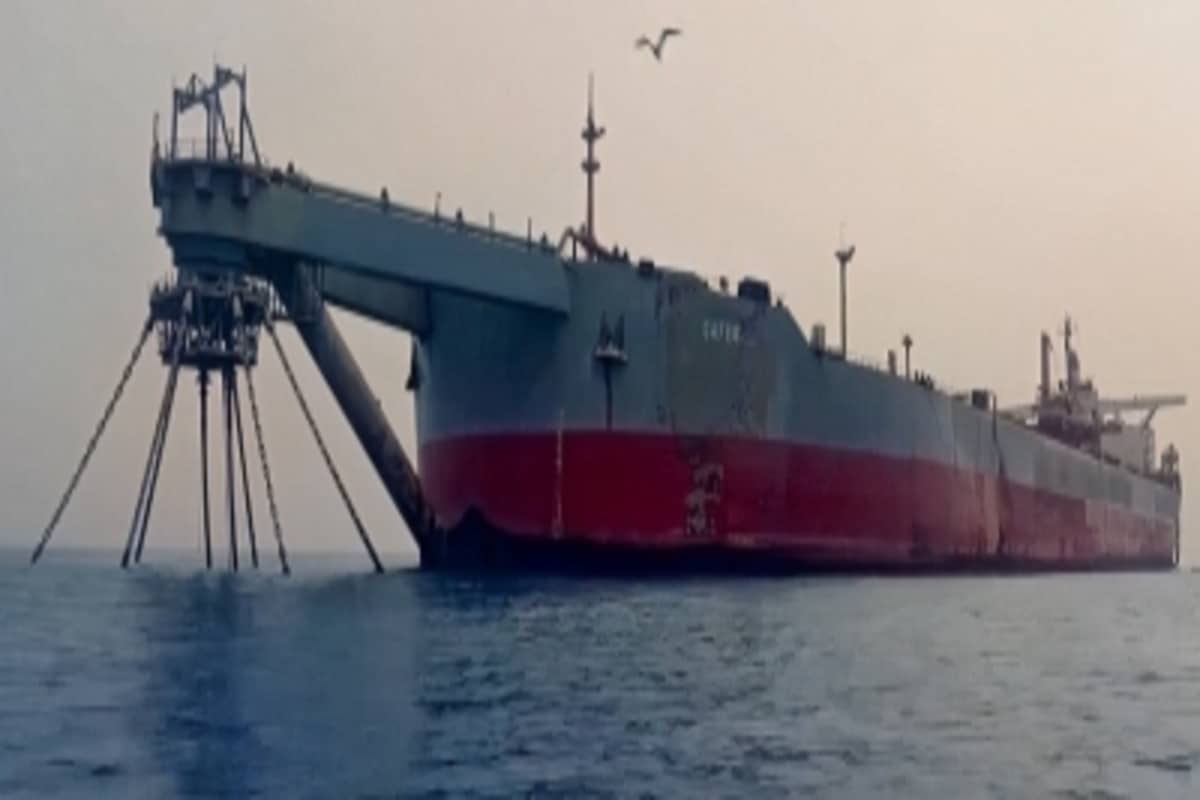
Sanaa: The Yemen government announced that the UN’s delicate operation to unload oil from the decaying super oil tanker FSO Safer moored off the country’s western coast, is in its final stages.
According to a statement from the state-run Saba news agency, Minister of Transport Abdul-Salam Humaid revealed that the international effort to address the Safer tanker situation has made remarkable progress.
He clarified that “with meticulous coordination and rigorous execution”, 1,083,285 barrels of crude oil have been successfully transferred from the Safer onto a replacement vessel, reports Xinhua news agency.
This accounts for 94 per cent of the total amount stored onboard the deteriorating tanker.
The Minister expressed gratitude for the collaborative efforts of various international partners and local authorities, highlighting the importance of proactive measures in safeguarding the environment and preventing such disasters from unfolding.
The 45-year-old FSO Safer, marooned off the port of Hodeidah since 2015, had been a ticking time bomb containing approximately 1.1 million barrels of oil.
As the vessel’s condition continued to deteriorate, concerns escalated regarding the potential for a devastating oil spill.
The situation grew dire enough that the UN issued a warning about the possibility of an oil spill that could surpass the 1989 Exxon Valdez disaster in scale.
The ship-to-ship transfer of more than 1.1 million barrels of oil from the decaying floating storage and offloading unit FSO Safer to a replacement tanker, the Yemen, began on July 25 as announced by the UN.
Yemen has been embroiled in a devastating civil war since 2014, with the Houthi rebels fighting against the internationally-recognised government and its allies.
The war disrupted Yemen’s food supply chain and caused widespread famine, bringing the Arab world’s poorest country to the brink of collapse.
(Except for the headline, the story has not been edited by Siasat staff and is published from a syndicated feed.)



